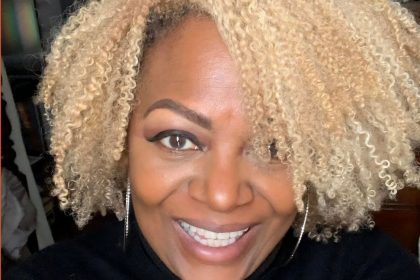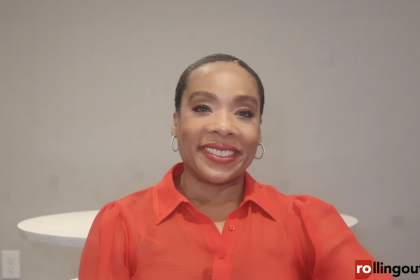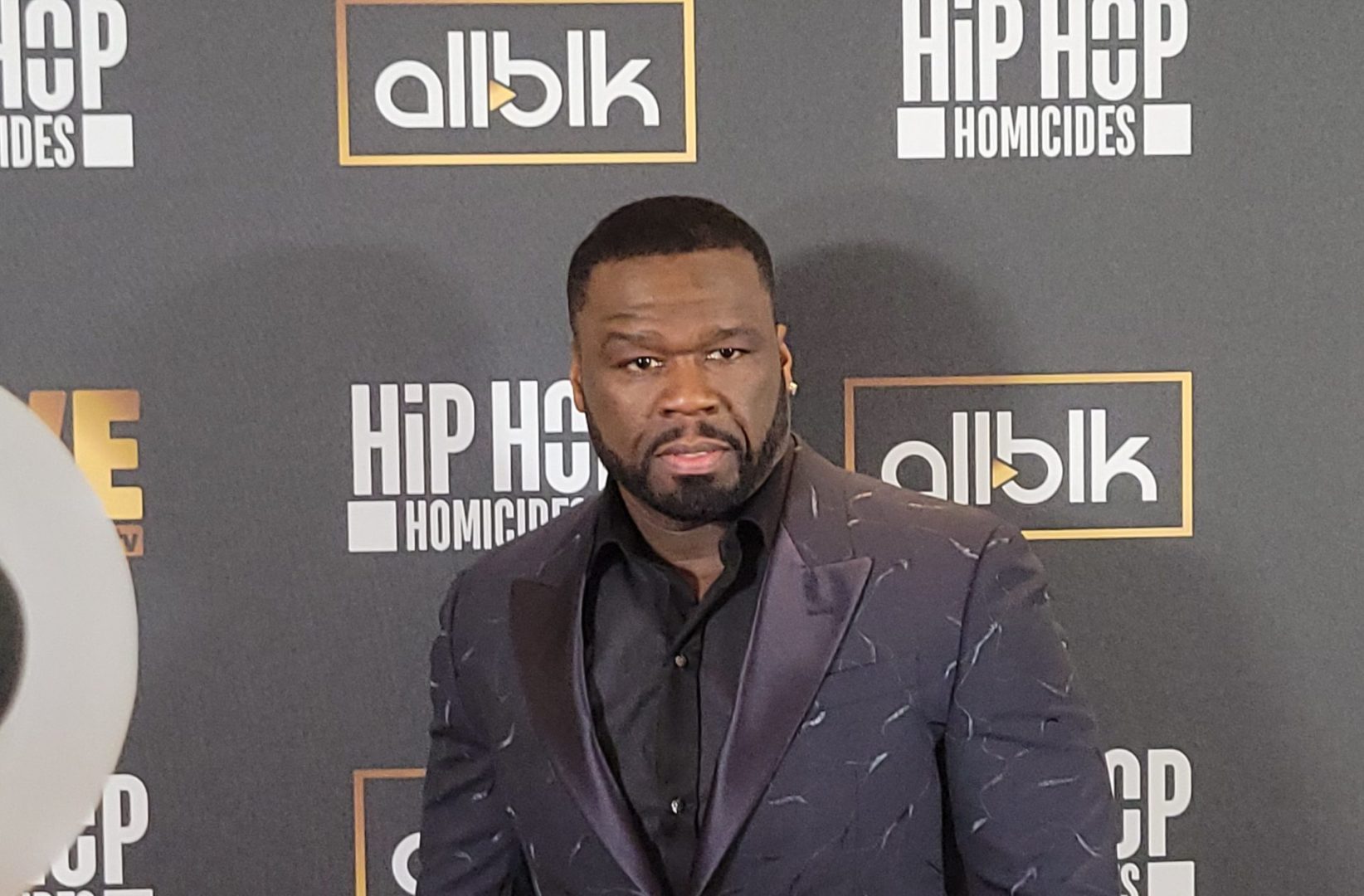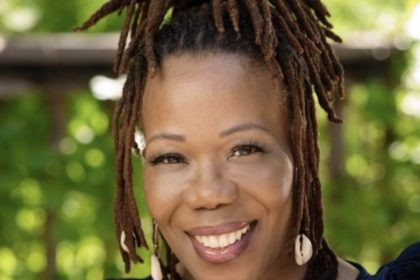Reginald Reed Jr. lost his mom, Selonia Reed, when he was six years old when she was murdered in Louisiana. When Reed became an adult, his father was indicted for murdering her, and many questions arose for Reed. He decided to pen his thoughts in his upcoming book, titled The Day My Mother Never Came Home.
Reed spoke with rolling out about the book, why he decided to write it, what he learned about his father through the process and mental health tips.
Tell us about your story and why you decided to write this book.
My story dates back to when I was six years old. My mother was murdered in Hammond, Louisiana, and as time went on the case went cold. My dad raised me, and I was the only child of my mother and father at that time.
I moved to San Antonio back in 2010; I relocated for a job opportunity. … Maybe a year in, I got a knock at the door, and it was a Texas Ranger. The first thing that came to my mind was what did I do or what didn’t I do. He introduced himself and said he was there to talk about my mother’s murder, which caught me by surprise because, at that time, it was almost over 2o years ago. He asked me if would I agree to come down to the station within the next couple of weeks to do a more formalized interview, so I made that happen. They told me that they got some new leads, and they just were following up on a cold case.
Fast-forward to three years ago, I got another call after work. … [It] was noted as a courtesy call from a Louisiana State [Police] trooper stating that my father was indicted for second-degree murder and conspiracy of [murdering] my mother. It felt like time just stopped. … I was like “Here is another challenge that I have to face and figure out.”
I didn’t realize how healing and cathartic the writing process would [be]. I heard writing could be a healing mechanism; I just started writing my story. The goal is not to make hundreds or thousands of dollars, but it’s really to help people acknowledge the fact that [there’s] life after trauma.
Was there ever a time you sat down and asked your dad if he was involved in the murder?
It was one of those things that growing up where it was the elephant in the room. It’s something that wasn’t really discussed. I recall a couple of times in my early teen years asking what happened, and my dad just basically responded, “That person was caught,” or something to that nature. It wasn’t something that wasn’t that was discussed frequently. I did my due diligence as I got older, probably around the age of 14 or 15. They had a resource called microfilm. Before the technology boom, the internet, and all that, to actually look up newspaper articles and stuff in the past you had to get a resource called microfilm.
If you’re [looking at] a roll [of] film or something, you basically find that time frame and the date; you put it through this machine, and you search through [it]. That was another key point in my life where it was my first time reading the actual newspaper and the article about my mother being murdered. It was very detailed and descriptive; that was my first time seeing what happened based on the article in the paper. At that time, I still didn’t bring it up to my dad, but I will say that, during the time leading up to the trial, we had those tough conversations, and now he still claims his innocence as far as having any involvement.
















